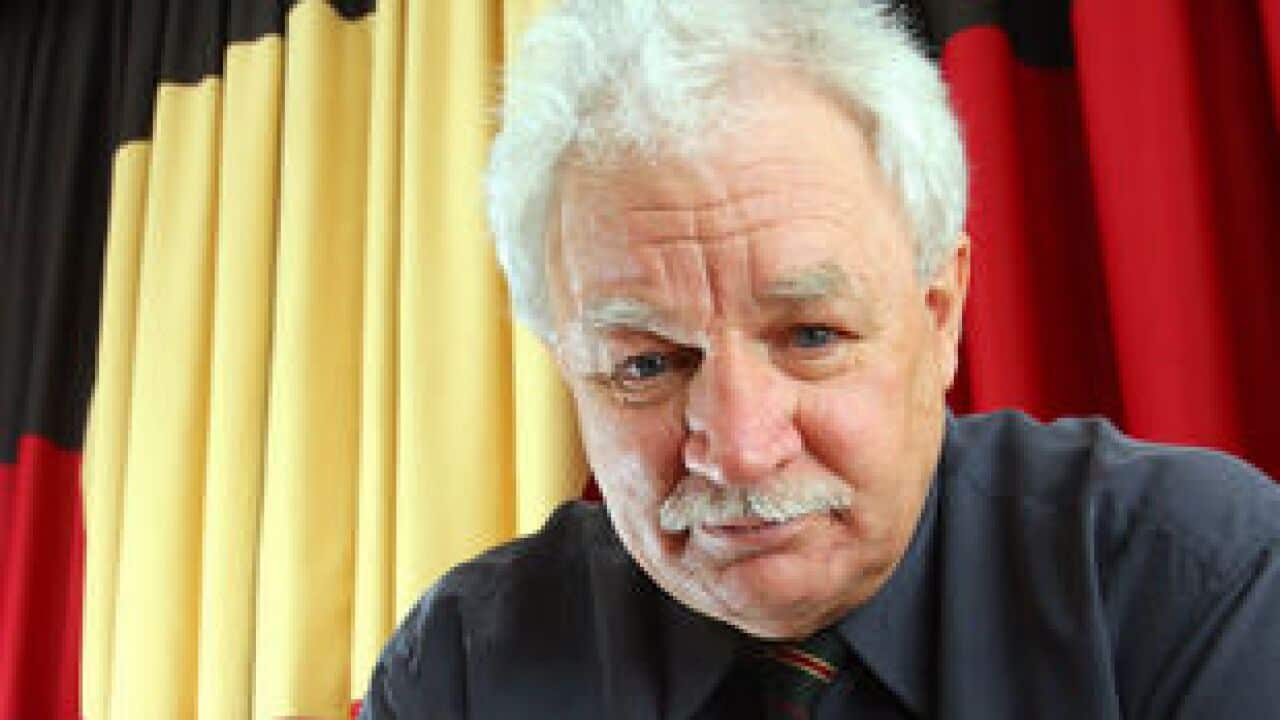Tasmanian’s Aboriginal community have hit out at the State and Federal government for ignoring the atrocities committed against palawa kani people during the Frontier Wars.
The criticism comes after the federal government announced that $2 million would go towards building a Holocaust museum in the state’s capital, which Indigenous leaders say is “hypocritical”.
On Friday, Michael Mansell told NITV News that there was no formal recognition of the massacres and genocide committed against Aboriginal people in Tasmania, and that needed to change.
“They got to benefit from the genocide but they don't want to take any responsibility for acknowledging it," said Mr Mansell.
“It's typical of governments and the general public really. They are keen to remember and acknowledge things that happened overseas but they don't want to take any responsibility for things that happened on their doorstep.”
During the 19th century, the Australian government attempted to disperse Aboriginal people from Tasmania through massacres and individual killings.
The assault caused the population of the island's Aboriginal people to fall from between 5,000 and 8,000 in 1803, to a couple of hundred in the 1830s.

$500 Million War memorial in Canberra
The push for better recognition of massacres across Australia comes after the federal government announced a $500 million upgrade of the country's war memorial in Canberra last month, with no acknowledgement of the Frontier Wars.
Mr Mansell said it was "hypocritical" for the government to acknowledge conflicts outside of Australia, but not the ones fought by patriots on home soil.
"They really want to acknowledge the wars that were fought outside of Australia’s borders, but they're turning a blind eye to the numbers of Aboriginal men and women who had to fight to the death to save their own people," he said.
Last month, Labor leader, Anthony Albonese said he "unintentionally" skipped over an acknowledgment of the Frontier Wars in a speech written for delivery inside the war memorial.
Mr Albanese acknowledged the omission on social media after NITV News drew attention to the omission on social media.
Leading historian, Professor Lyndall Ryan at the University of Newcastle, researches massacres committed from the earliest days of colonisation up until 1930.
She said there is enough research, historical accounts and artefacts to create a powerful exhibit to include at the Australian War Memorial.
"There is no shortage of evidence. There's no shortage of important visual material and there is no shortage of artefacts left over from those wars - there's no shortage of weapons," said Ms Ryan.
"If the War Memorial doesn't do that, then it's going to become increasingly irrelevant to the history of Australia."

